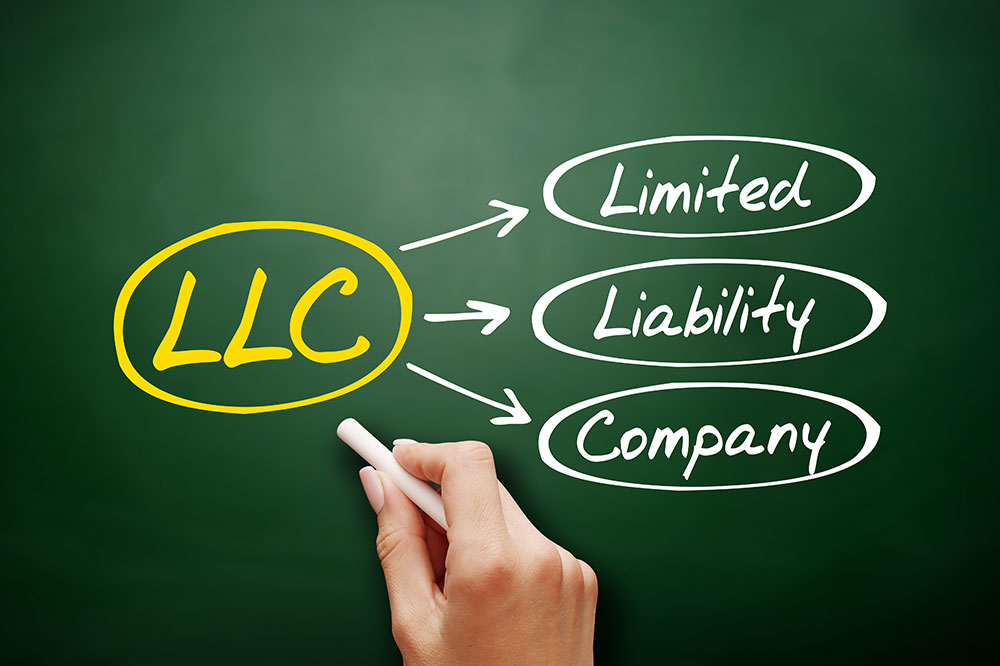Comprehensive Guide to Opening a Small Business Bank Account: Essential Documentation and Steps
Setting up a small business bank account requires specific documentation to verify your business identity and legal standing. This comprehensive guide covers essential documents like IDs, registration papers, and tax IDs, along with tips to streamline the application process. Whether launching a new business or switching banks, thorough preparation ensures quick approval and smooth financial management. Learn about the necessary steps and documents to establish your business account efficiently and enhance your company's financial operations. A well-prepared setup is key to long-term success.

Essential Documentation and Step-by-Step Process for Opening a Small Business Bank Account
Establishing a dedicated bank account for your small business is a fundamental step toward efficient financial management, ensuring clear separation between personal and business finances. This separation helps streamline accounting, simplifies tax filing, and enhances your business’s professionalism. Whether you're launching a new venture or switching your banking services, understanding the required documentation and procedures is vital to ensure a smooth setup process. Across different industries and business structures, banks have specific requirements to verify authenticity and verify business legitimacy.
Below is a detailed overview of the standard documents needed to open a small business bank account:
Valid identification documents: Both the business owner(s) and the authorized representatives must provide government-issued IDs, such as driver’s licenses or passports, to confirm identity.
Business registration papers: These include the official business license, certificate of incorporation, or registration with local, state, or federal authorities, depending on the business type.
Incorporation or formation documents: For LLCs, corporations, partnerships, or other legal entities, documents like Articles of Incorporation, Partnership Agreements, or Operating Agreements are necessary to demonstrate legal establishment.
For businesses with multiple owners or stakeholders, banks often require additional authorization letters authorizing specific individuals to manage accounts on behalf of the company. Personal IDs of these individuals may also be requested to facilitate approval. If your business operates under a fictitious name (doing business as - DBA), you will need to provide proof of registration for that name. This ensures the bank recognizes your trading name as a legitimate business identity.
Another critical document for small business banking is your Tax Identification Number (TIN), which is essential for tax reporting and compliance purposes. Sole proprietors have the option to use their Social Security Number (SSN) for their business account if they prefer not to obtain a separate TIN. Providing this information helps establish your business’s financial identity and facilitates easier tax processing.
In addition to these key documents, some banks may require proof of physical address — such as utility bills or lease agreements — to verify your business location. This is especially relevant for businesses operating from physical premises or offices.
While the process might seem complex at first glance, preparing these documents in advance can significantly expedite your account setup. Always check with your chosen bank for any specific documentation requirements they might have, as procedures and policies can vary by institution and jurisdiction.
Beyond documentation, understanding the fees, account types, and services offered by the bank can help you select the most appropriate account for your needs. Some banks provide specialized accounts optimized for small businesses, including features like online banking, merchant services, and payroll support.
In summary, opening a small business bank account involves gathering comprehensive documentation such as business registration, identification, and tax records. Being well-prepared with these documents ensures a smooth transition and helps establish a solid financial foundation for your business’s growth.





